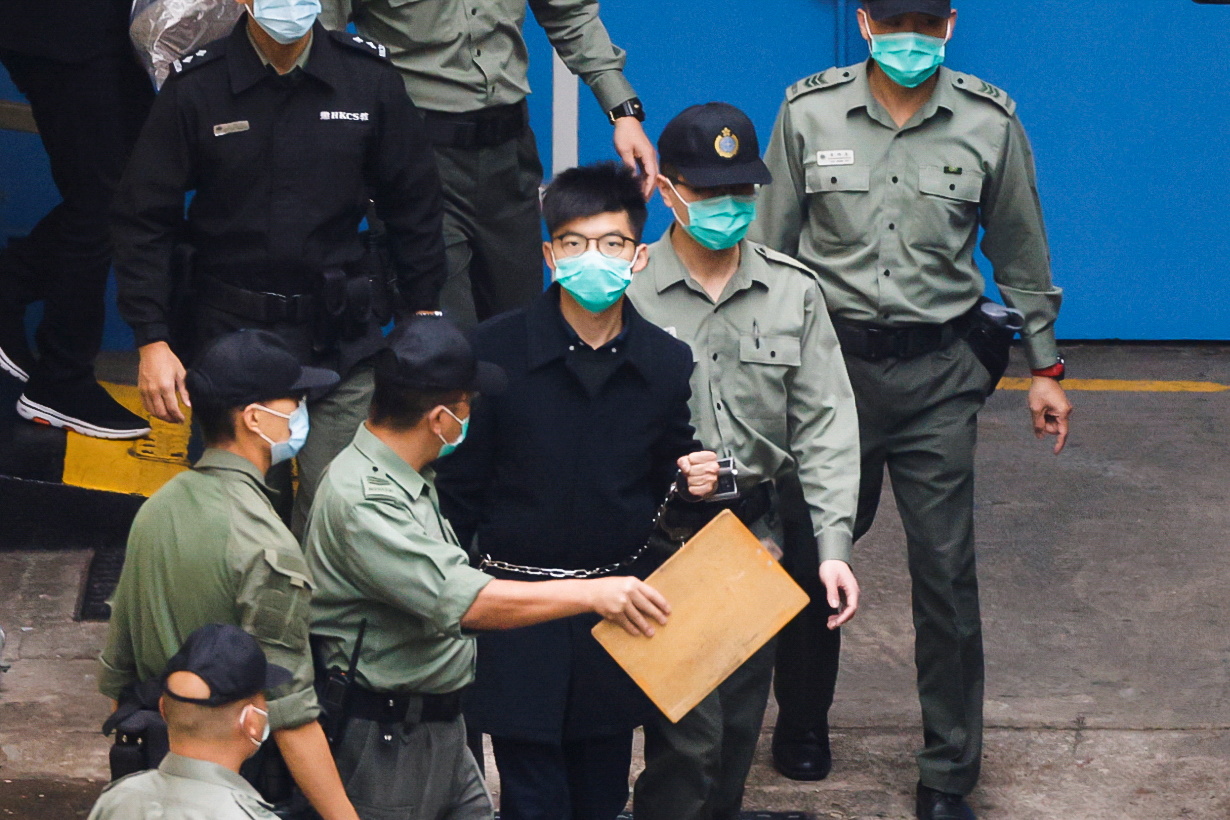Senior members of Jemaah Islamiyah (JI), the militant network responsible for the deadly Bali bombings, have announced the disbandment of the group. This announcement was confirmed by a Jakarta-based think tank, the Institute for Policy Analysis of Conflict (IPAC), which verified the authenticity of a video statement from June 30.
In the video, sixteen JI leaders declared their decision to dissolve the organization, pledging their allegiance to the Indonesian state and its laws, and ensuring that the teachings in JI-affiliated schools would align with orthodox Islam.
The video statement indicates a significant shift within JI, emphasizing a commitment to non-violence and state law. According to Sidney Jones, the author of IPAC’s preliminary analysis, the leaders who signed the statement possess considerable respect and credibility, which could lead to widespread acceptance of the disbandment within the organization.
However, the full impact of this decision remains uncertain, as JI has been responsible for some of Indonesia’s deadliest attacks, including the 2002 Bali nightclub bombings that killed over 200 people.

While Indonesia’s National Counter Terrorism Agency (BNPT) has yet to comment on the announcement, they plan to hold a press conference soon. The disbandment appears to be influenced by multiple factors, including the growing influence of intellectuals within JI who oppose violent jihad and a strategic analysis aimed at protecting the group’s assets, particularly its educational institutions.
The decision also reflects intensive engagement with counter-terrorism officials, suggesting a strategic pivot away from violence.
Despite the announcement, there are concerns about the potential for splinter groups to emerge from JI. IPAC notes the organization’s history of internal divisions, which could lead to the formation of new factions.
However, for now, it seems likely that JI-affiliated schools will continue to thrive, and the leaders who endorsed the disbandment will become more involved in public life. The future of the remaining JI membership, however, remains uncertain.
Terrorism expert Adhe Bhakti from the Jakarta-based Center for Radicalism and Deradicalization Studies expressed skepticism about the compliance of JI’s splinter factions. He warned that these factions might feel compelled to engage in violent actions, though he does not foresee this happening in the immediate future.
Bhakti highlighted the potential threat posed by these splinter groups, suggesting that they could become more dangerous as they operate independently in this vulnerable period.


